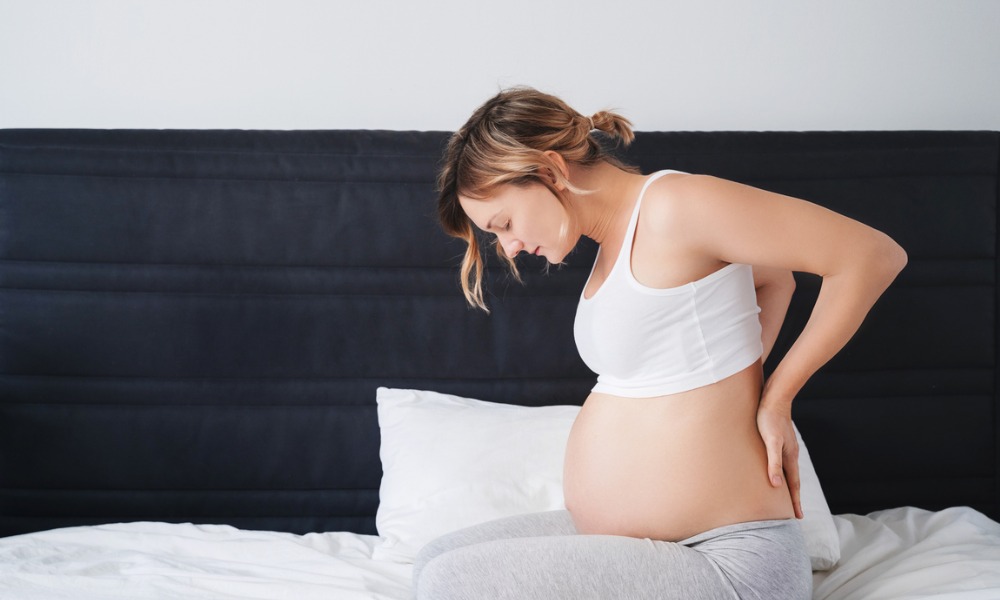
Reproductive health should also be valid reason for flexible work arrangement requests, ACTU says

Australian unions are calling on the government to implement accommodations such as paid leave and flexible work to help employees manage reproductive health issues.
Ten days of paid reproductive health leave should be included in the National Employment Standards to give workers time while they address reproductive health-related issues, according to the Australian Council of Trade Unions (ACTU).
Reproductive health should also be a reason to request flexible work arrangements under the Fair Work Act, as well as a protected attribute to safeguard against discrimination, it added.
"It will help workers, and especially women, to manage reproductive health issues and remain in work," said ACTU president Michele O'Neil in a statement.
According to ACTU, reproductive health issues that affect men and women include menstruation, pregnancy, contraception, miscarriage, perimenopause, menopause, chronic conditions such as poly-cystic ovarian syndrome and endometriosis, hormone therapy and fertility issues, as well as vasectomy, hysterectomy and terminations, and breast and prostate cancer screenings.
The Queensland government announced last week that it would provide 10 days of paid reproductive health leave to employees starting September 30.
"We want to see this introduced as a right for all workers across Australia," O'Neil said.
ACTU's campaign comes as findings reveal that a quarter of Australian women retire before the age of 55, despite women in the 45-54 age group typically reporting they wanted to retire at 64.
Half of the women who retire before 55 report sickness, injury, or disability as reason for leaving work early, according to ACTU.
The campaign also comes as more than 80% of women experiencing menopause say their work has been negatively affected. In fact, the Australian Institute of Superannuation Trustees estimate that menopause may cost women in the 50-54 age group more than $15 billion per year in lost earnings and superannuation for every year of early retirement.
According to ACTU, the "taboo nature" of menopause puts a culture of silence and hides its impact on the workforce.
"As a result, women are retiring far earlier than they might if the workplace offered better support," O'Neil said.
Lawmakers early this year have debated whether implementing a menopause leave can discourage employers in hiring or promoting women.
"They say this every time unions campaign for workplace rights for women," O'Neil said. "Yet every time unions have won those campaigns – from equal pay to paid parental leave – women's workforce participation has improved,"
"These rights have made it easier for women to balance work and care and to fully and fairly participate in the workforce. That's exactly what paid reproductive leave would do."